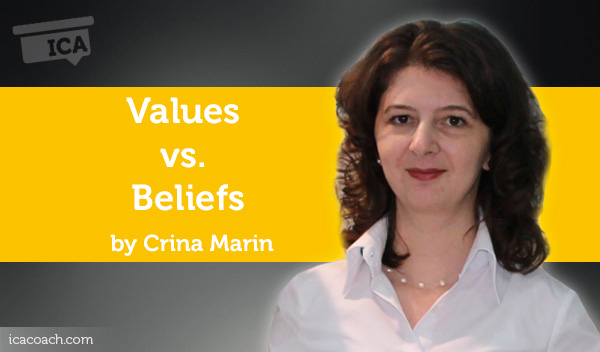
A Coaching Power Tool Created by Crina Marin
(Life Coach, ROMANIA)
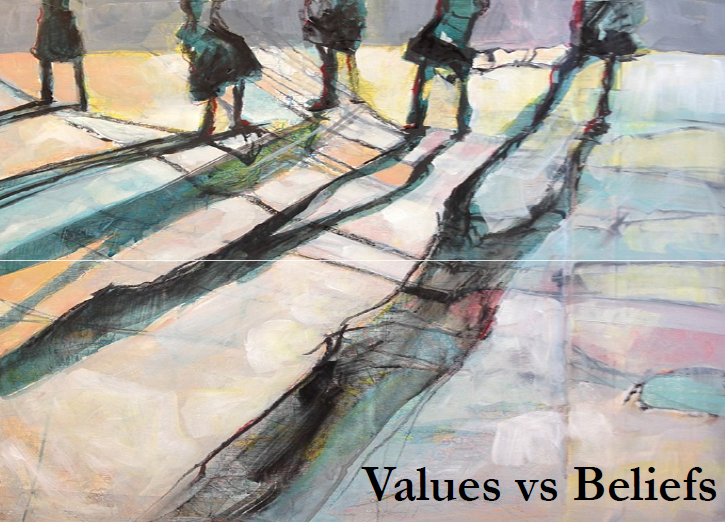 Every individual is involved in making hundreds of decisions every day. The decisions we make are a reflection of our values and beliefs, and they are always directed towards a specific purpose.
Every individual is involved in making hundreds of decisions every day. The decisions we make are a reflection of our values and beliefs, and they are always directed towards a specific purpose.
Knowing the difference between your beliefs and values can be a little confusing. People use both to guide their actions and behavior and to form their attitudes towards different things, but they are essentially different.
Beliefs
Beliefs are assumptions we hold to be true. When we use our beliefs to make decisions, we are assuming the causal relationships of the past, which led to the belief, will also apply in the future. In a rapidly changing world where complexity is increasing day by day, using information from the past to make decisions about the future may not be the best way to support us in meeting our needs.
Beliefs are contextual: They arise from learned experiences, resulting from the cultural and environmental situations we have faced.
Values
Values are not based on information from the past and they are not contextual. Values are universal. Values transcend contexts because they are based on what is important to us: They arise from the experience of being human.
Values are intimately related to our needs: Whatever we need—whatever is important to us or what is missing from our lives—is what we value. As our life conditions change, and as we mature and grow in our psychological development, our value priorities change. When we use our values to make decisions, we focus on what is important to us—what we need to feel a sense of well-being.
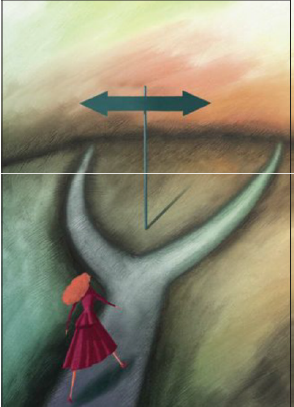 Values allow us to transcend our ethnic/cultural belief structures by uniting us around shared basic human principles. In human group cultures, values unite and beliefs separate.
Values allow us to transcend our ethnic/cultural belief structures by uniting us around shared basic human principles. In human group cultures, values unite and beliefs separate.
Values allow us to transcend the belief structures of our parental and cultural conditioning, so we can become more fully who we are, and live a more authentic life.
Values shape our character and behavior; they are the basic foundation for a person’s personality, behavior, attitudes, and perceptions. We always make decisions about right and wrong based on our values.
All this make me think to Simon Sinek’s Golden Circle and Why statement!
It’s not WHAT but WHY you do it!
The WHY is the very reason you exist!
Everyone has a Why!
The Why is the purpose, the cause, it inspires us to do What we do.
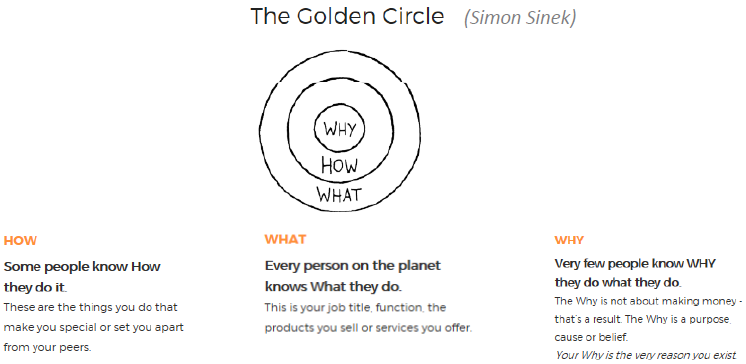 Often, clients come with a question of What to do in a specific situation or what option to take among several possibilities. Exploring Why they came up these options reveals what is important for the client in each option, which is practically the value behind.
Often, clients come with a question of What to do in a specific situation or what option to take among several possibilities. Exploring Why they came up these options reveals what is important for the client in each option, which is practically the value behind.
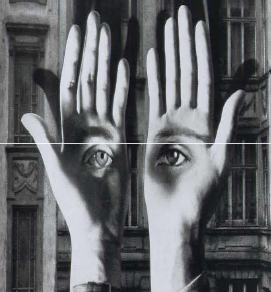 Focusing on the Why helps the client clarify his expectations and decide which is the most suitable step that he can do and live with it. The client’s Why provides him with clarity, meaning and direction. It is a filter through which he can make decisions, every day, to bring his cause to life.
Focusing on the Why helps the client clarify his expectations and decide which is the most suitable step that he can do and live with it. The client’s Why provides him with clarity, meaning and direction. It is a filter through which he can make decisions, every day, to bring his cause to life.
Exploring clients values increase awareness in their process of behavioral change. One structured way of helping explore a client’s values is through a personal values card sort or “Will of life”.
Once a client has expressed key values, you can help him create a vision of what the future might look like using those fundamental values as the foundation of that vision.
The next stage in this process includes using the client’s values and vision of what the desired future looks like to craft a personal mission statement: WHY Statement.